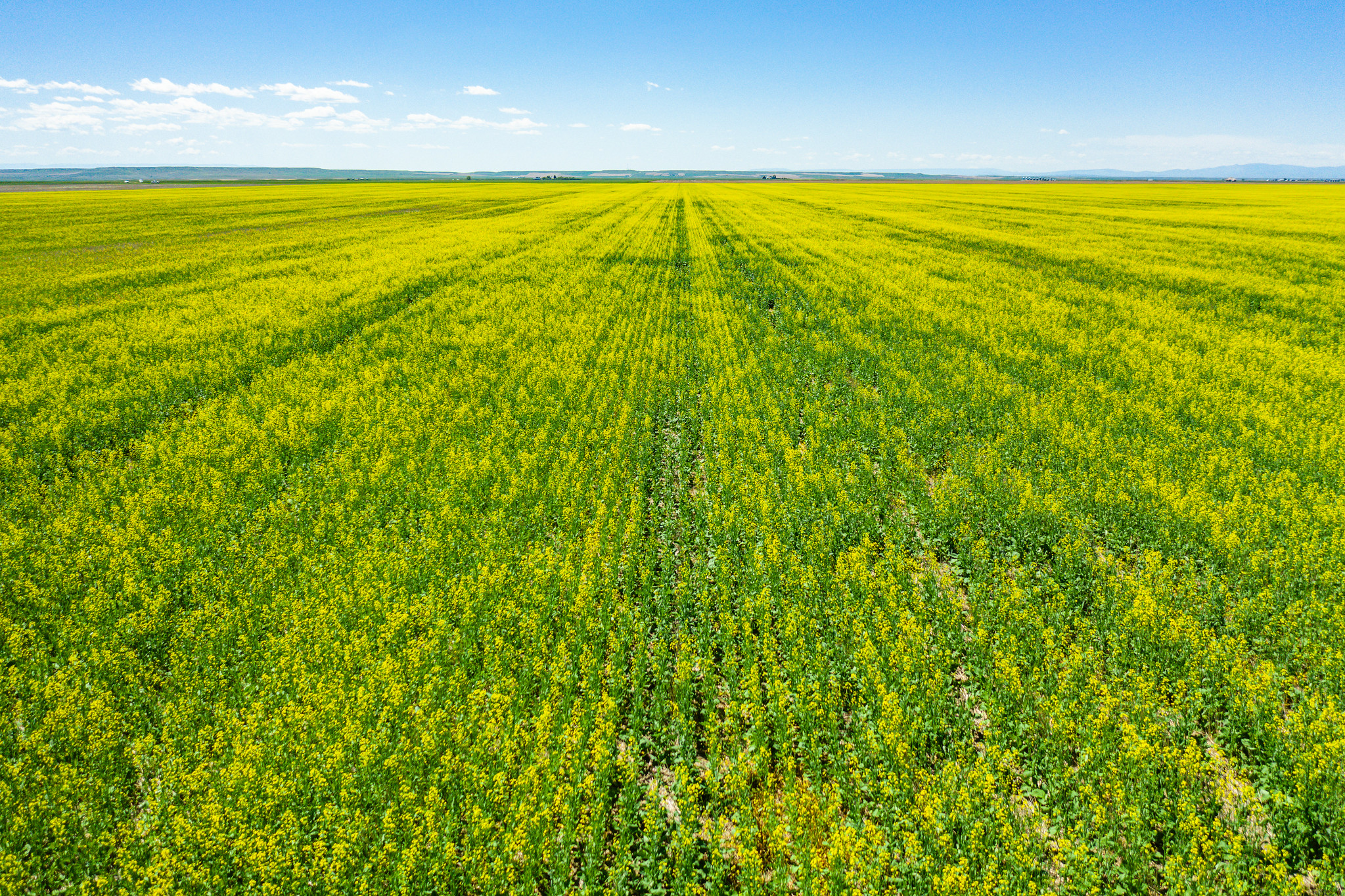Bioenergy
 Bioenergy is renewable energy derived from biological sources, to be used for heat, electricity, or vehicle fuel. Biofuel derived from plant materials is among the most rapidly growing renewable energy technologies. Conversion of biomass to liquid fuel is a method utilizing plant products from a variety of sources to create additional sources for energy from domestic sources.
Bioenergy is renewable energy derived from biological sources, to be used for heat, electricity, or vehicle fuel. Biofuel derived from plant materials is among the most rapidly growing renewable energy technologies. Conversion of biomass to liquid fuel is a method utilizing plant products from a variety of sources to create additional sources for energy from domestic sources.
USDA supports bioenergy research to help support the United State energy independence for developing liquid fuels from various plant materials. These materials can be more sustainable because they are developed from renewable sources: ethanol from wheat, sugar cane, molasses and corn, biodiesel from oilseeds and methane from manure; Woody materials from forests; and Grasses which can be co-fired with coal.
Continue to the full text Bioenergy in a Changing Climate or browse related content:
-
Midwest U.S. Climate Resiliency Toolkit
Increasing humidity and precipitation and rising extreme temperatures are having negative impacts across the Midwest.…
-
Carbon and Wood-based bioenergy
Management activities can have a substantial effect on greenhouse gas mitigation that extends beyond the carbon…
-
Shifts in Growing Degree Days, Plant Hardiness Zones and Heat Zones
Climate change is already having substantial effects on natural systems and the benefits they provide. Forest…
-
Biochar
Biochar can be used to improve soil health, store carbon, and rehabilitate polluted soil on farms, rangelands, forests…
-
Cornell Biochar and Compost Facilities
To deal with their organic wastes, Cornell is using slow pyrolysis to create biochar, and also composting. Both can be…
-
Biofuel
Students at Mississippi State University are working with U. S. Department of Agriculture researchers to study wildlife…
-
Bioenergy in a Changing Climate
Dr. Manyowa (Norman) Meki (USDA ARS) is gathering field data and simulating several types of biofuels.







